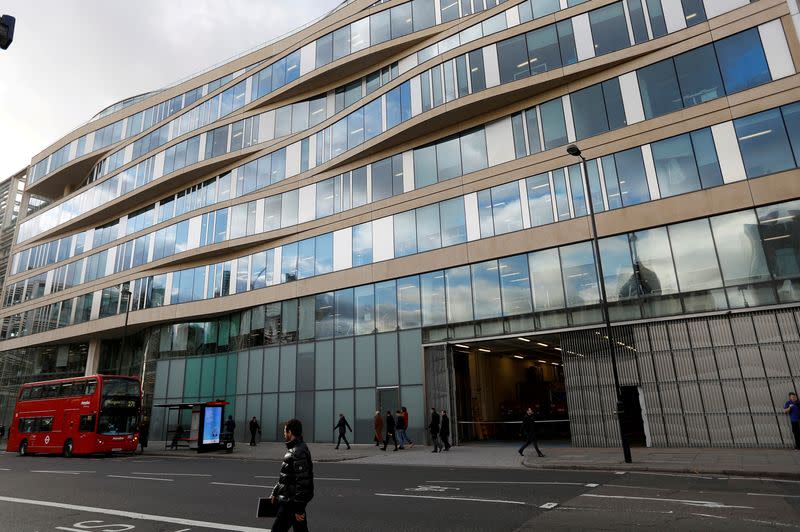LME failed to probe Tsingshan before nickel chaos, London court hears

By Eric Onstad
LONDON (Reuters) -The London Metal Exchange failed to investigate a large nickel position held by China's Tsingshan that sparked a chaotic surge in prices and billions of dollars of cancelled trades, lawyers told a London court on Thursday, despite a previous incident with the company in 2019.
They were speaking on the final day of the hearing of a case in which U.S.-based hedge fund Elliott Associates and market maker Jane Street Global Trading have accused the LME of unlawfully cancelling trades made on March 8, 2022, after the nickel price doubled in a matter of hours.
Elliott and Jane Street are demanding $472 million in damages.
The world's largest metals market argues it was justified in suspending trading and voiding deals because $19.7 billion of margin calls would otherwise have led to the defaults of multiple clearing members and created systemic risk.
Tsingshan Holding Group, one of the world's biggest nickel producers, held large short positions that helped spur the explosive rise in nickel prices in March last year, much of it in over the counter (OTC) positions not visible to the LME.
The LME's lawyer Jonathan Crow told the hearing at London's High Court that the LME did not investigate Tsingshan and only got data several days after it cancelled deals showing the extent of the huge OTC position held by Tsingshan.
Crow said it was reasonable for the LME not to launch a probe into Tsingshan since it was mainly media reports and rumours that were circulating about a big position.
PREVIOUS TSINGSHAN INCIDENT
LME CEO Matthew Chamberlain, however, acknowledged in a witness statement that he and the LME were aware of a previous incident involving Tsingshan in 2019.
"Tsingshan had previously come to my attention in 2019 when it had a long nickel position which a number of participants alleged was abusively squeezing the market," he said.
"In the course of our investigations into this matter, we became aware that Tsingshan made significant use of the OTC market."
Despite that previous experience, the 146-year-old exchange failed to launch a probe in March last year as prices surged because the visible position held directly on the LME was big, but not worrying, Chamberlain said.
"Tsingshan's position was not a particular cause for concern and therefore did not warrant a request for further information at that time," Chamberlain said.
When prices went wild on March 8, the LME did not have time to do an investigation into the underlying cause, Crow said.
"The LME did not know what it was looking for," he said.
"The LME did know the symptoms ... the risk it created was a potential market collapse."
Elliott and JSGT previously told the court that the LME cancelled $12 billion of nickel trades to "save" Tsingshan, owned by Chinese tycoon Xiang Guangda, a charge the LME refutes, saying it took action to head off massive risk in the overall market.
On Wednesday, Crow said the LME had no choice but to annul the trades because failing to do so would have led to a "death spiral" on the LME that would have spread to other financial markets.
At the time, the world's biggest metals market said it thought that five members would go into default, but Crow said later analysis showed that the number was seven.
Elliott and Jane Street accept the LME has the power to cancel trades in some "exceptional cases".
But their lawyers argue the LME had no power to unwind transactions to prevent defaults or tackle systemic risks.
(Reporting by Eric Onstad; Editing by Emelia Sithole-Matarise and David Evans)


